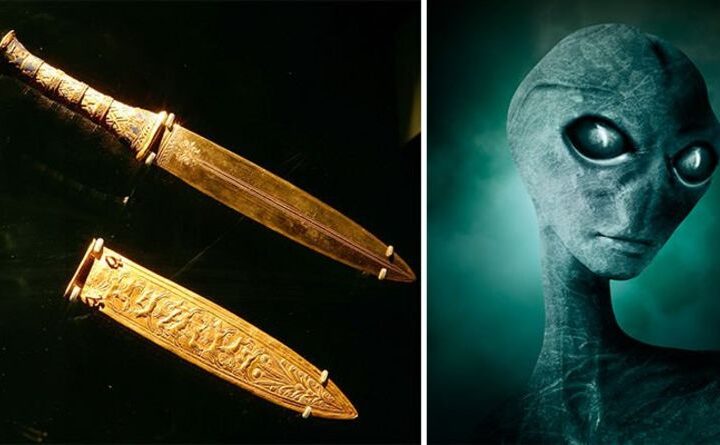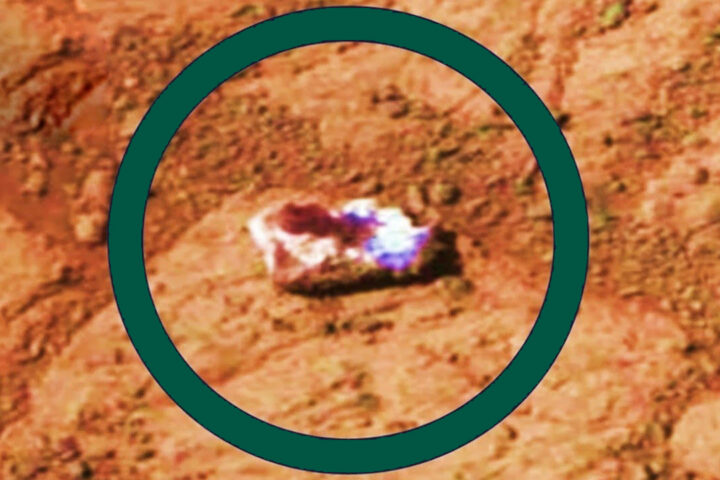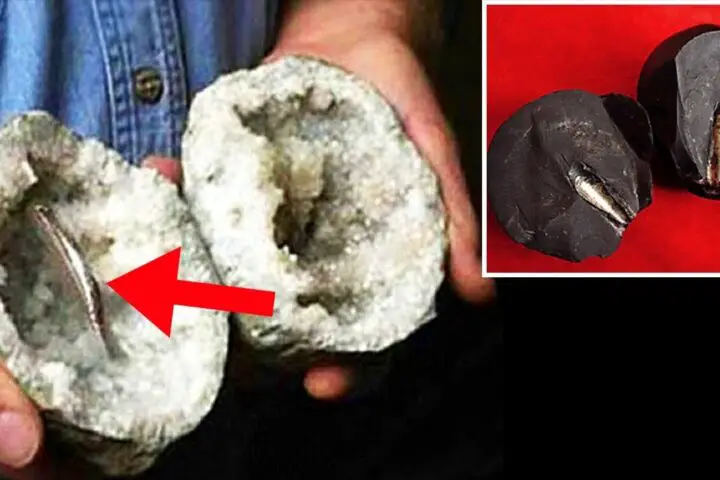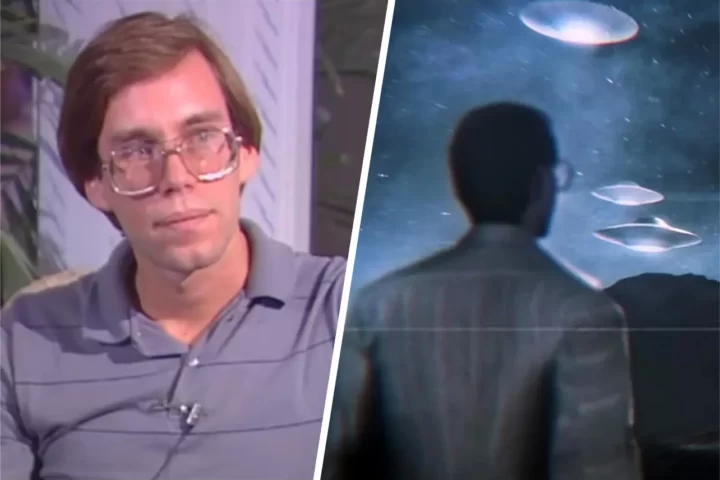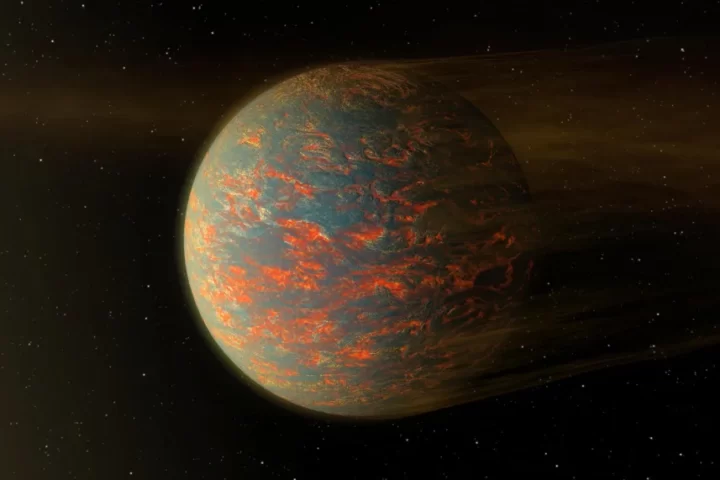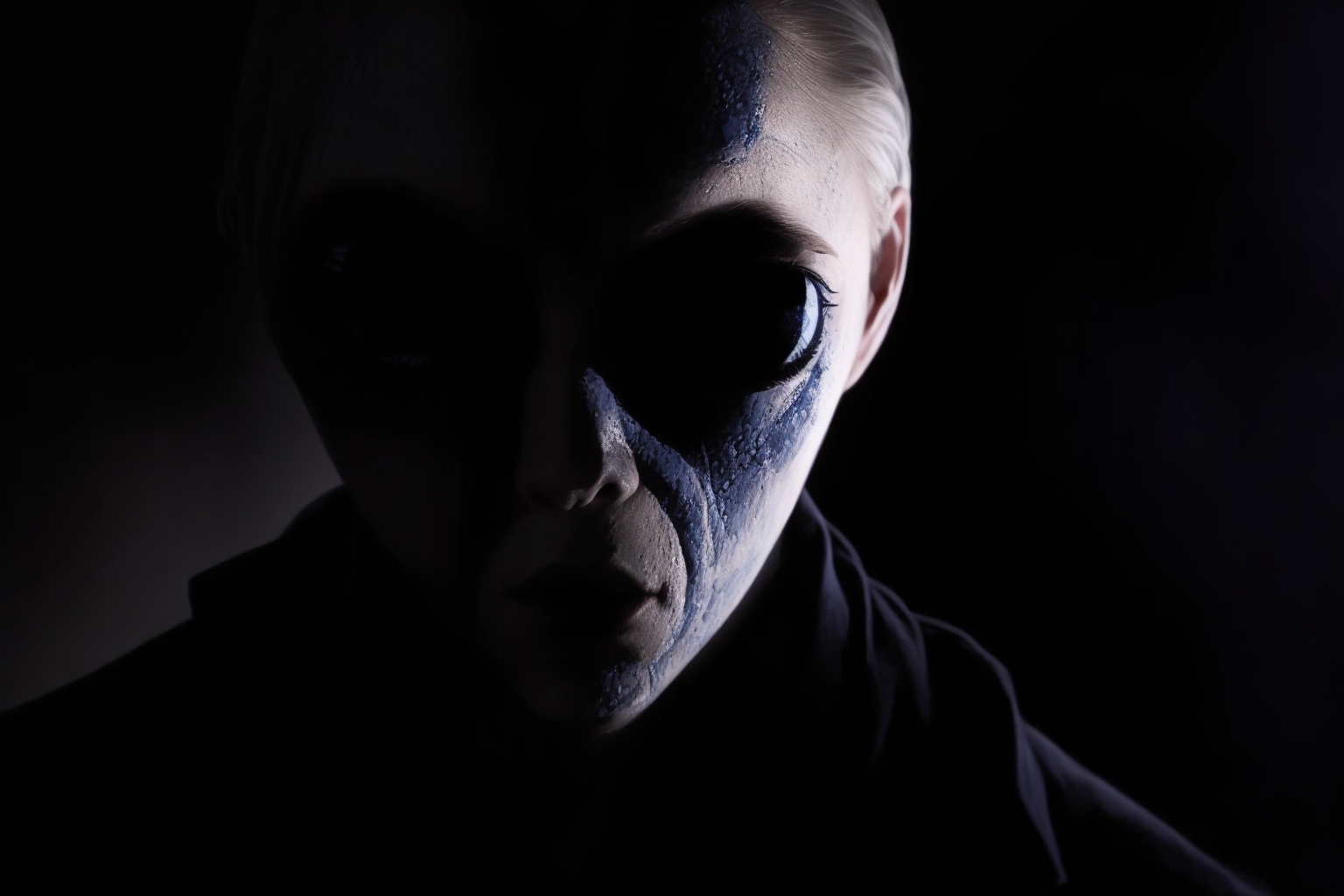In the enigmatic annals of scientific ponderings, Ellis Silver stands apart as an American ecologist who dared to question our very origin. His intriguing masterpiece, “Earthlings: The Alien Among Us,” delves deep into the possibility that humans might not, after all, belong to this very planet.
Dr. Silver threads his theories with diverse aspects, including the unique nuances of human psychology. He observed the intriguing absence of a co-evolution between humans and other earthbound species. This led him to surmise that perhaps, our species birthed on a different celestial body.
He passionately proposes that Earth might not have been the cradle of humanity. Instead, our ancestors might have descended from the stars, arriving as fully-formed Homo Sapiens somewhere between 200,000 and 60,000 years ago. Perhaps, Silver muses, from a galaxy not too far from our sun.
In his 2017 publication, Dr. Silver highlights certain peculiarities exclusive to humans, like the presence of 223 genes that no other species seem to possess. He also points out our strangely inadequate adaptation to Earth. Sunlight, a primary source of life, is harmful to us. Our inclination towards processed food over nature’s raw bounty, combined with our alarmingly high susceptibility to diseases, raises eyebrows.
Drawing attention to ailments such as persistent back pains, Silver wonders if these could be echoes from an ancestral home with lesser gravitational pull. He jestingly notes the challenge of finding a perfectly healthy human, untouched by some ailment or another.
For those treading the enigmatic path of life’s genesis, Dr. Silver’s “Earthlings: The Alien Among Us” is a captivating read. It also serves as a feast for the voraciously curious, posing questions about our extraterrestrial origins.
Contrarily, another mind, the renowned researcher Neil DeGrasse Tyson, asserts that humans might very well be Earth’s own. With the universe’s vastness, spanning 13.8 billion years and housing an estimated 350 billion stars, the origin of the very first cellular life on Earth remains an enigma.
Tyson’s studies suggest that perhaps the inception of life here was more a serendipitous occurrence than an orchestrated design, stemming from cosmic vacillations during our solar system’s birth.
In a contrasting vein, Marc Kaufman, in his book ‘The Human Advantage: How Our Brains Make Us Unique’, asserts that humans might not differ fundamentally from beasts, grounding his beliefs on the fact that our species hasn’t significantly altered since its African evolution around 100,000 years ago.
This tug of theories, between terrestrial and extraterrestrial origins, unravels an enthralling tapestry of humanity’s quest for self-discovery, leaving one to wonder: Are we truly children of the stars? Or merely Earth’s latest experiment? The enigma continues to unravel.


